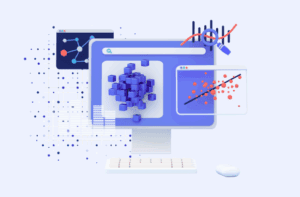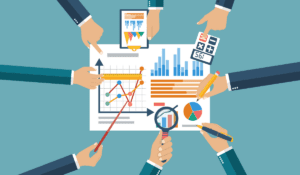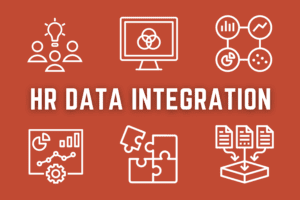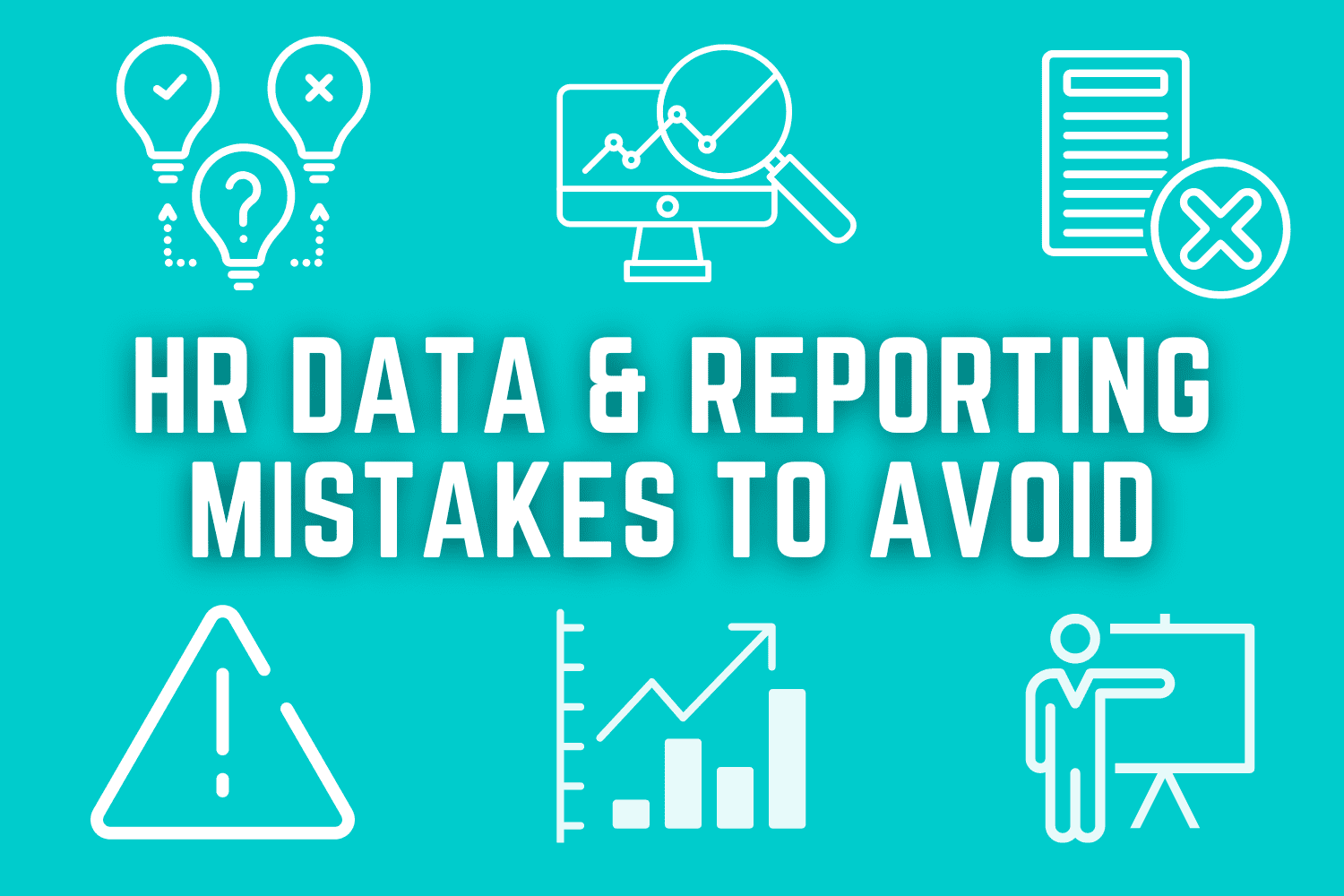Share
A lot goes into HR data, analytics, and reporting. Advanced HR software can improve accuracy and efficiency, but how do you know whether HR analytics will be a smart investment for your company? To better understand the numerous uses and benefits of HR data and reporting, ask yourself the following seven questions.
How will HR data & analytics help the overall business?
What practical business results are possible with analytics? Most HR professionals already understand how data and reporting can improve HR processes, but as always, you still need to get the executives and rest of the company on board.
Make sure your HR priorities are aligned with company goals, not just focused on expanding and improving HR. Show how better employee support can lead to retention and reduced expenses. Focus on the future and long term goals, not just the immediate labor saving impact of a software upgrade.
What exact problem(s) are you trying to solve?
It’s true that technology makes reporting and analytics easier. And HR reporting and analytics can solve a lot of problems, but it’s important to define the problems you’re trying to solve. Get started by identifying key problems, and make sure that you provide supporting data.
Decide on relevant metrics to quantify the problem and make a plan for how to improve those numbers. Set a timeline and specific goals. After changing an HR or management policy, how and when can you judge the results?
Do you have access to enough reliable HR data for reporting and analytics?
Software solutions like analytics are often overhyped and underdeliver, but you need some significant resources before getting started. In particular, you need a large volume of quality data for analysis. Some company resources provide too much data, like raw spreadsheets with data that’s too granular. Other resources provide incomplete or inaccurate numbers.
Metrics like employee hours and survey results need to be consistently formatted and quantitative. Data from last year (or even last quarter) may provide useful comparisons to today’s numbers, but you need fresh, reliable data to assess the current health of the company.
Have you considered and addressed the legal and security risks?
Employee data from payroll to healthcare benefits include some seriously personal information. You need to handle employee information appropriately, and there are legal requirements in addition to the ethical concerns. Make sure you’re staying in compliance and respecting the privacy of employees and clients. Use HR software with reliable security features to avoid running afoul of HIPAA and other regulatory standards.
Have you properly managed your expectations (and those of your boss)?
Making the case for a HR software upgrade might involve salesmanship, but don’t set unrealistic expectations. Try not to overcommit to specific results or immediate improvement.
Analytics and reports provide insights that may not always recommend a specific solution. Rather, detailed reporting allows you to evaluate the effects of new policies and other circumstantial factors. By all means, you should be able to justify the cost of upgrading to better HR software, but don’t shy away from the fact that results may require a period of trial and error.
Have you invested in the right HR technology solutions?
At their most basic level, HR data and reporting analyze and process the information that you should be already collecting. Some systems are less helpful in the way they compile reports. Ideally, you should have a complimentary suite of HR solutions that communicate with each other for a more complete picture.
When you have all the right HR data collected, you might be tempted to handle your own reporting and analytics in-house. Even with properly qualified staff, processing and reporting can be tedious and repetitive. Human errors can delay and compromise results. For many companies that pursue HR data and reporting, dedicated HR software is necessary.
Are you ready to put HR data insights into action?
Properly deployed, HR data analytics give a much more detailed view of inefficiencies and problems at your company. Are you ready to convert those insights into actionable proposals for positive change?
Policy changes and adjustments are where you see Return On Investment (ROI) for the hours and funds you’re putting into improved software. The final step of improving your company is arguably the most important part of reporting and analytics, and yet it’s largely a matter of your own team’s ingenuity.
HR data analytics and reporting can provide new insights for your company, but you need to start with a strong foundation. Make sure you’re collecting a large enough volume of quality HR data and try to avoid unrealistic expectations. Set quantifiable goals and prepare to adjust your strategy for improving results.
Learn more about how Netchex makes HR data work for you:
Learn more about our HR Reporting & Analytics software. Netchex makes collecting, analyzing, and reporting on HR data easy, straightforward, and worry-free.
Industry news & tips sent straight to your inbox!
Enter your email below to subscribe to industry news, product updates, and tips.
For more information on HR topics, read our HR blog and follow Netchex on social media—Facebook, LinkedIn, and Twitter.
Related articles

How data can help you make smarter HR decisions

Car Dealership Performance Metrics: What to Track and Why It Matters

Beyond Reporting: Empowering HR Professionals with Actionable Insights

